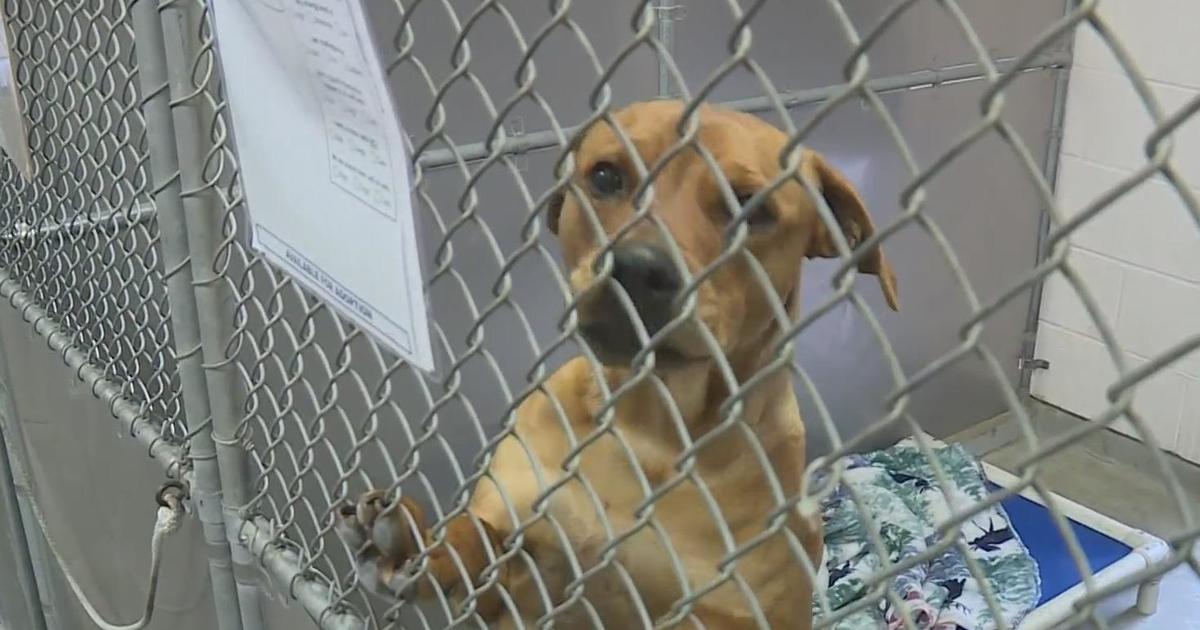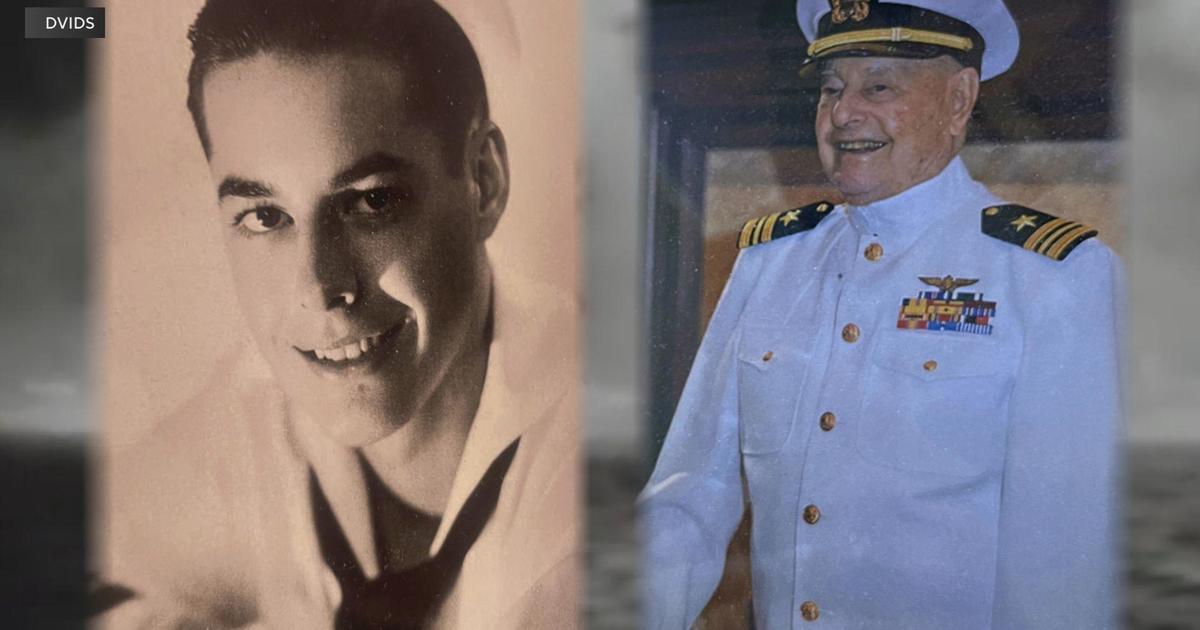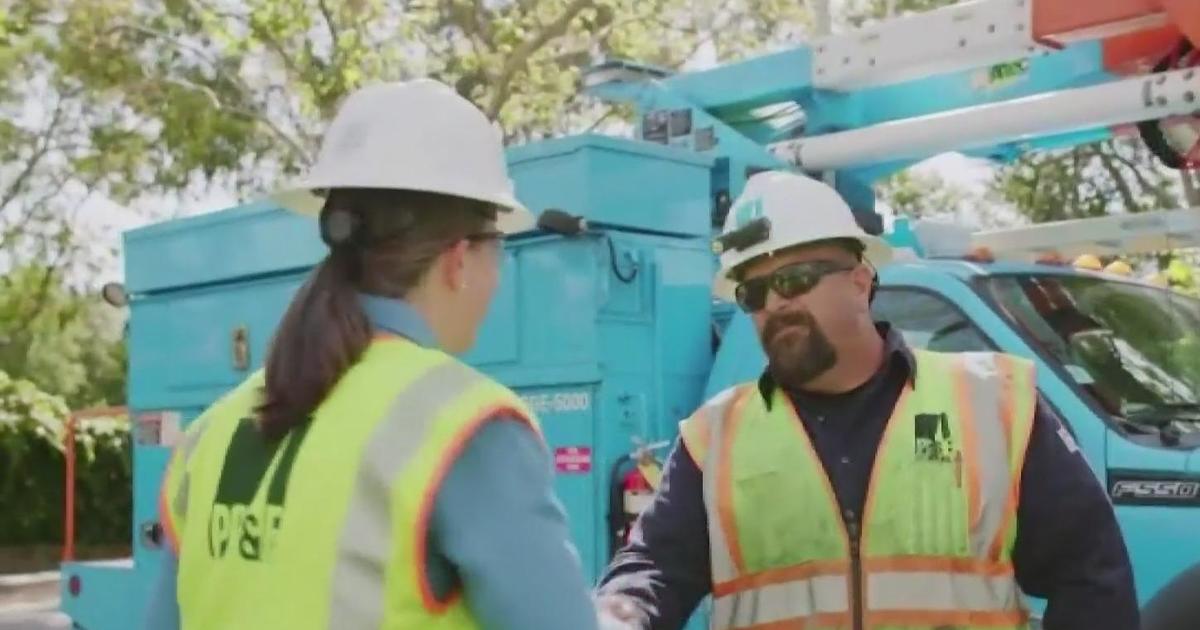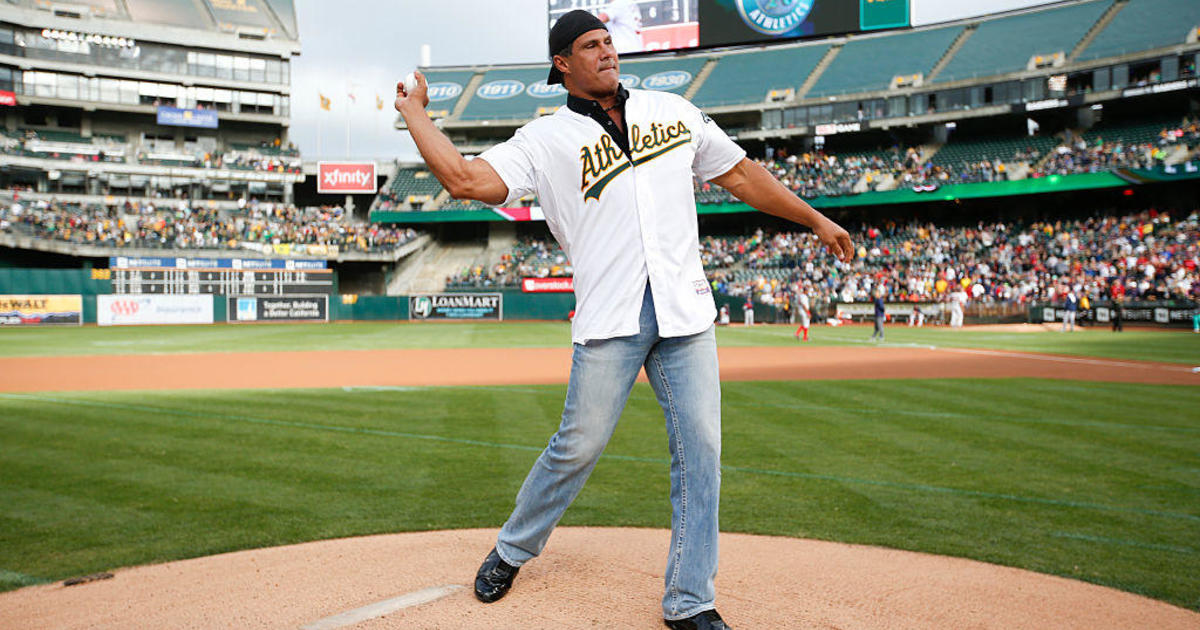Country Music Struggles With Its Confederate Flag Past
NASHVILLE, Tenn. (AP) - Country artists are struggling to articulate their feelings about the Confederate flag's history and symbolism amid heightened debate following the recent massacre at a South Carolina church.
The killing of nine churchgoers on June 17 has renewed calls for the emblem to be removed from government displays - South Carolina's House approved a bill early Thursday to pull it down from the front lawn of the Capitol there - as well as from other aspects of American culture including on television, in sports and in popular art.
Mainstream country music has been quietly distancing itself from the Confederate flag for decades, with many adopting the American flag instead, its own history paralleling changing public sentiment.
"You won't find it being used by young country acts today, partly because it doesn't mean the same thing to them," said Robert K. Oermann, author and columnist for "MusicRow" magazine. "Partly because some of them aren't Southern, and partly because if you want to appeal to a national audience, why would you do that?"
The Confederate flag was not commonly used by country artists until the late '60s and through the '70s and '80s, when it was adopted by some Southern country and rock artists who identified as outlaw musicians appealing to blue-collar fans, Oermann said.
David Allan Coe, Hank Williams Jr., the country group Alabama and rockers like Lynyrd Skynyrd all used the flag on stage or in merchandise, or referenced the flag or the Confederacy in song lyrics.
But the symbol quickly fell out of favor as country music became more commercial in the 1980s and the industry sought to reach wider audiences in the suburbs and urban areas outside of the South.
Only a small number of country artists have been willing to speak on the issue in the weeks since the Charleston, South Carolina, shooting. John Rich, of the duo Big and Rich, told Fox News' Sean Hannity that he agreed with the call to remove the Confederate flag from its pole outside the South Carolina state Capitol. Charlie Daniels wrote a long column on his website addressing the most recent controversy over the flag.
"The Confederate battle flag was a sign of defiance, a sign of pride, a declaration of a geographical area that you were proud to be from," Daniels wrote. "That's all it is to me and all it ever has been to me."
Daniels said he opposes racism and believes that every person, regardless of skin color, deserves the exact same rights and advantages.
"Unfortunately, the Confederate battle flag has been adopted by hate groups - and individuals like Dylann Roof (charged with murder in the church shootings) - to supposedly represent them and their hateful view of the races," Daniels said on his website.
Several country artists didn't respond or their representatives declined to comment when contacted by The Associated Press, including Blake Shelton, Jason Aldean, Darius Rucker, Charley Pride, Colt Ford and Hank Williams Jr.
Country artists take a big risk in addressing controversial social and political issues. Just two years ago, Brad Paisley was criticized for recording a song called "Accidental Racist," with rapper LL Cool J, that ultimately sought to explore racial tensions, but came across as naive and ill-advised.
Diane Pecknold, an associate professor of women and gender studies at the University of Louisville who has written extensively about the history of country music, said country music has strong association to patriotism and promoting viewpoints that are inclusive of all races and cultures, noting that Paisley, Tim McGraw and Garth Brooks all have songs that are explicitly anti-racist.
"You can criticize them for being naive or being post-racial in a way that ignores contemporary and institutionalized racism," Pecknold said. "You can criticize them for failing to conceptualize it in a meaningful way, but you still have to say that they are talking about race and an ideal of America that is anti-racist."
Rucker, a black artist who hails from Charleston, chose to communicate directly to his fans on Twitter: "Incredibly proud of my city for handling this tragedy with love. Thankful to be a part of a community that can come together in a time of need."
__
Copyright 2015 The Associated Press.



